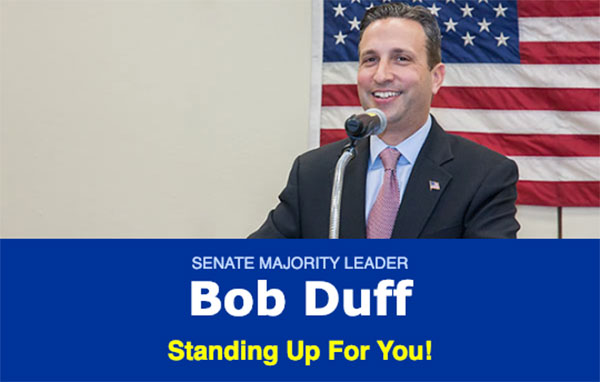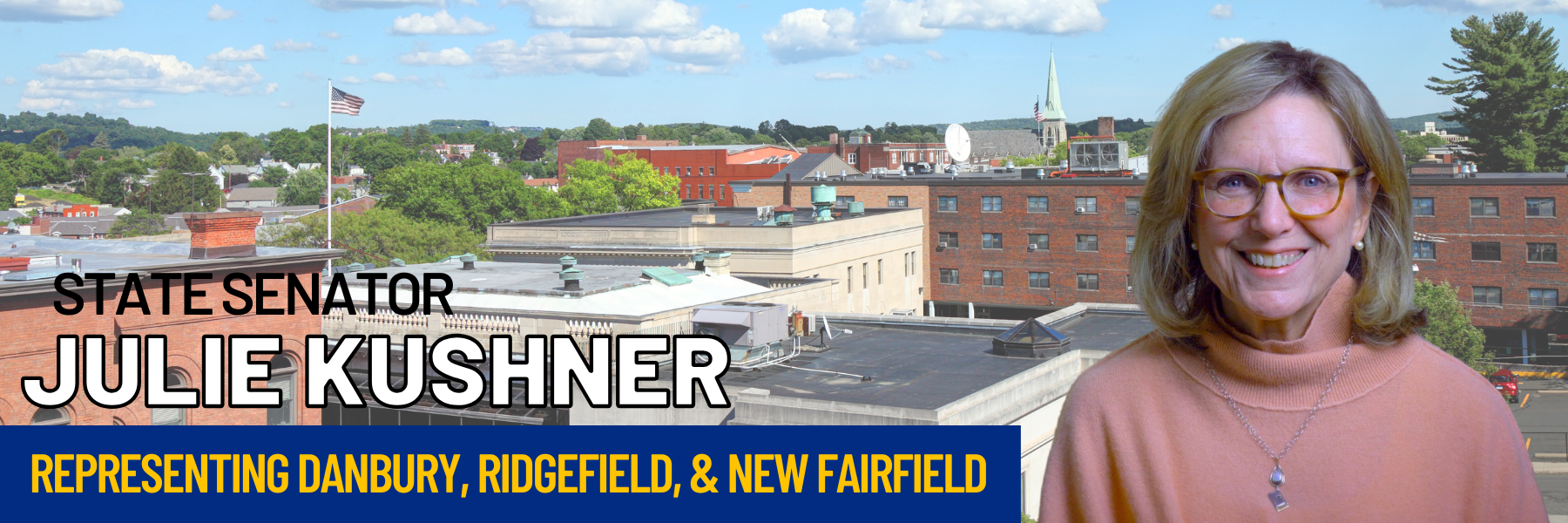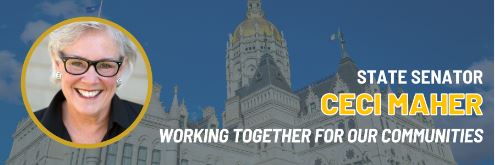Trump Axes Critical Connecticut Library Grant
Thousands of CT Families, Kids, and Seniors Left in the Lurch
HARTFORD – Senate President Martin Looney (D-New Haven) and Senate Majority Leader Bob Duff (D-Norwalk) today strongly condemned the decision by the Trump administration to terminate Connecticut’s 2024-2025 federal grant awarded under the Library Services and Technology Act (LSTA) Grant to States program. This funding, totaling $2.16 million, was intended to support critical statewide library services, yet more than 56 percent of the grant remains undelivered.
“This cruel and needless cut to Connecticut library funding will hit the most vulnerable people in our state the hardest,” said Senator Looney and Senator Duff. “It means a single mom loses access to job training. A child has no quiet place to read or learn after school. Seniors can’t get help navigating essential services. Libraries are not luxuries, and Donald Trump is severing these lifelines in the middle of the year, with no warning and no justification. We expect Connecticut Republicans to remain silent on these actions like every other cut from the Trump administration but especially this one as it aligns with their attacks on libraries in the General Assembly.”
The Connecticut State Library has used LSTA funds to support a wide range of vital services, including:
-Early literacy and summer reading programs serving nearly 230,000 children and families
-Workforce development and digital access initiatives to bridge the digital divide
-Professional development for librarians
-Statewide interlibrary loan and delivery services, circulating 1.5 million items
-The Connecticut Library for Accessible Books, providing audio and braille books to over 5,000 people, including veterans
-A statewide eBook lending platform, offering 50,000 digital books to residents
“Withdrawing library grants is a callous move at any time, but downright cruel at a time when it’s getting harder for many Americans to make ends meet – most of all, in small and rural communities,” said American Library Association President Cindy Hohl.
“We are deeply dismayed by this decision, which has immediate negative impact on every Connecticut resident and the library services they count on,” said Connecticut State Librarian Deborah Schander. “The Connecticut State Library remains committed to advancing the mission of libraries across the state and throughout our communities. In the meantime, we are exploring all options to ensure these vital services continue.”





